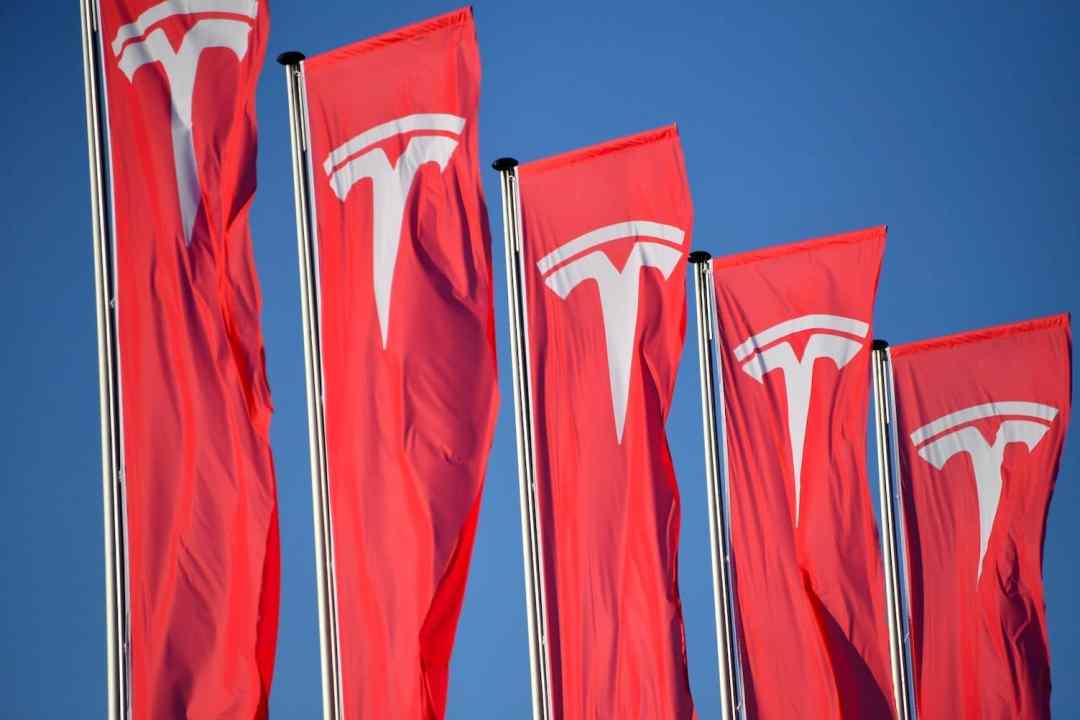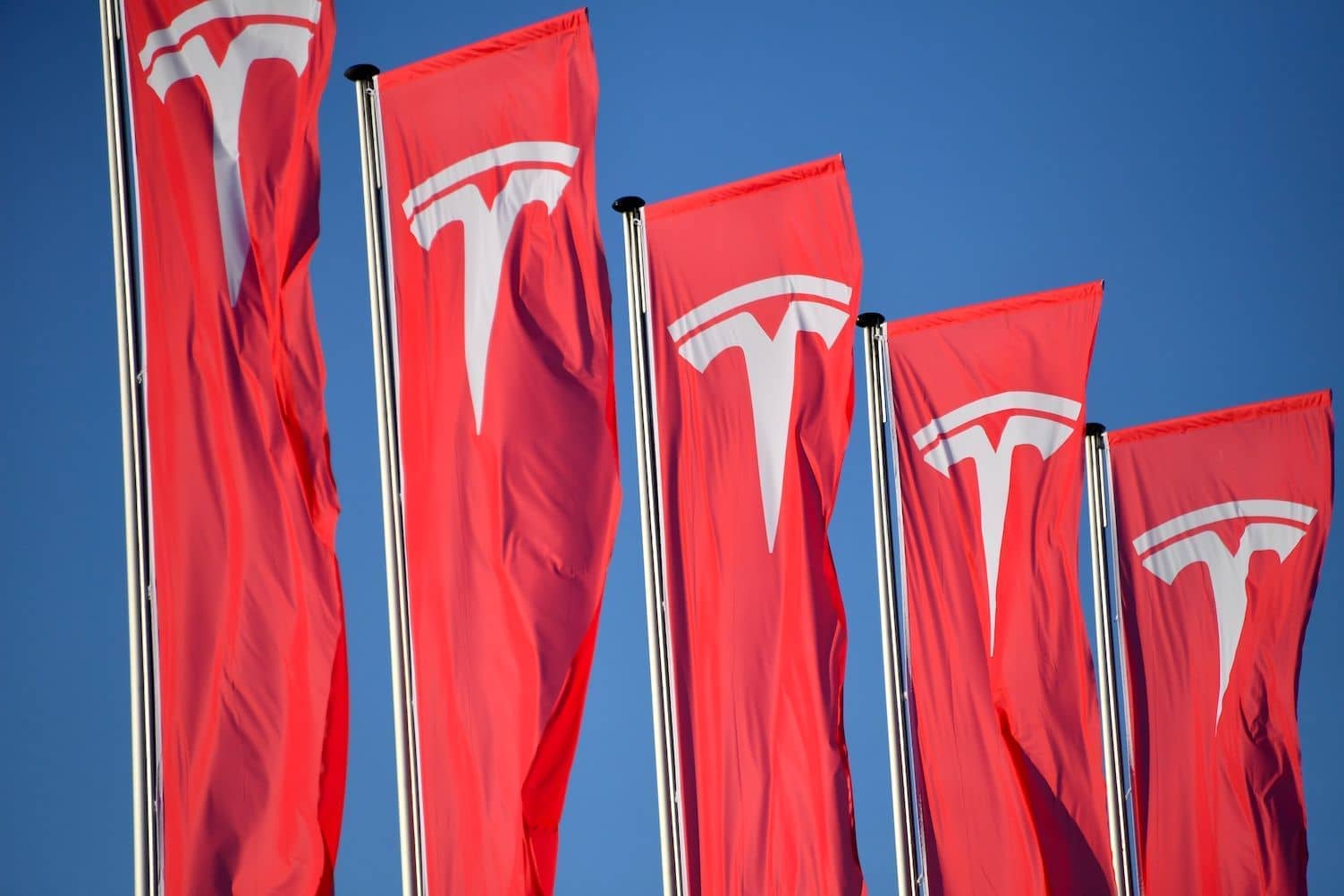Thierry Breton, the European Commission for the internal market, lost no time in rattling his sabre at Twitter as soon as it was announced that the company had accepted Elon Musk’s offer to buy it. Even though Musk had made no announcement on how he intends to run the company, beyond stating his belief in free speech, Breton felt it necessary to warn Twitter that if it ‘does not comply with our law, there are sanctions – 6 per cent of the revenue and, if they continue, banned from operating in Europe.’
There is a reason, of course, for the failure of Europe to produce a tech giant
Is Breton’s outburst really about online safety, or is it motivated by sheer envy – envy that the US has all the tech giants and that Europe does not have a single company to match the likes of Twitter and Facebook, let alone the far more impressive giants of Microsoft, Apple, Google? Truth is that the EU has been trying to make life difficult for US tech companies for years, with such devices as the General Data Protection Regulation. It will defend such regulation, of course, on the basis of a desire to protect the public. Yet the EU seemed a good deal less proactive on the regulation front when it came to a European car giant, Volkswagen, cheating on its diesel emissions tests. Indeed, it took US regulators to sniff out the software that had been incorporated into some cars to make it look as if they were less pollution than they really were.
The EU’s real beef is that Europe has missed out on the tech revolution, and, as a result, has begun to look like a corporate backwater. Look down the list of the world’s largest corporations by market capitalisation and, astonishingly, you have to get down to number 18 to find a European-based company – and that, er, is Nestle, based in non-EU Switzerland. You have to get to number 23 to find an EU-based company: LVMH, a French conglomerate of luxury goods. European corporations have been utterly eclipsed by US and Asian companies – remarkable, given the EU’s ambition to be the centre of global commerce and culture.
There is a reason, of course, for the failure of Europe to produce a tech giant. The EU has a tendency to snuff out emerging technologies in order to protect existing producers: something it did with GM crops and shale gas. Europe’s high-regulation, protectionist model simply doesn’t encourage the development of any new industry – it is more attuned to propping up what already exists. The EU has even more reason to fear Elon Musk now that Tesla is beginning seriously to eat into the luxury car market – a market that EU companies have led in, at least up until now.
Britain has been caught up in this cycle, too – you have to get down to number 46 on the list before you find the largest UK company, AstraZeneca. But we do now at least have the freedom to create a business environment that is more conducive to new technologies and to growing those technologies. Whether our government will actually create that environment is another matter.








Comments